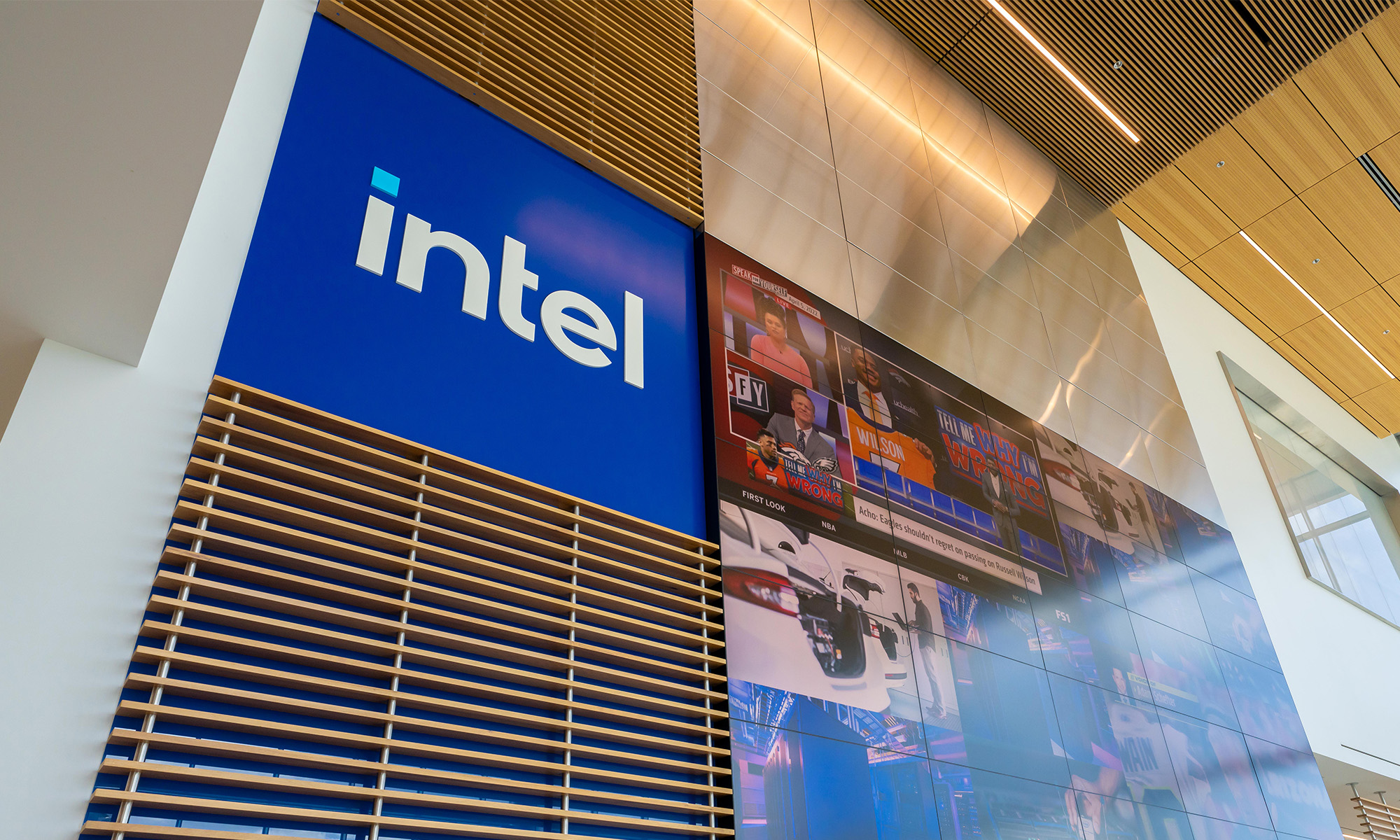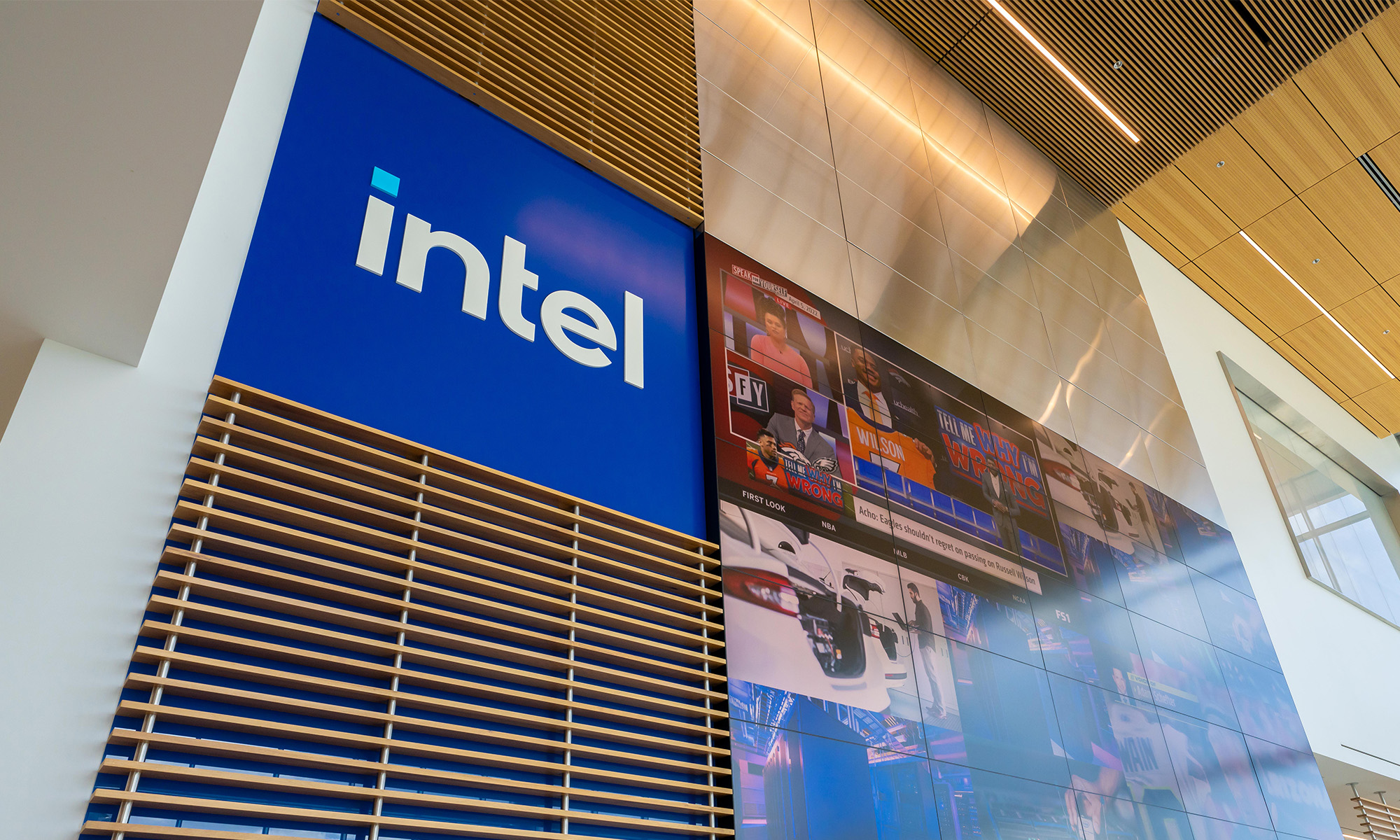When Advanced Micro Devices (AMD +6.15%) bought micro-server builder SeaMicro for $330 million, the company seemed destined to start making ARM (ARMH +0.00%) chips one of these days. SeaMicro's existing expertise with ARM-based systems plus AMD's modular chip architectures punched a one-way ticket to ARM-ville.
That train just pulled into the station.
AMD held a press conference on Monday to show off its ARM-based plans for the future. The company will ship its first ARM-powered Opteron chip in 2014. The move leaves AMD straddling the line between ARM's low-power focus and the more muscular horsepower of Intel (INTC +1.52%) compatible chips.
This might be a totally obvious move, but it comes at a very volatile point in AMD's history. The company is busy missing estimates and cutting costs in a blind panic, crushed by the double impact of a weak PC market and Intel's overwhelming presence.
The ARM-centric announcement came with an impressive cast of industry backers. System builders Dell (DELL +0.00%) and Hewlett-Packard (HPQ 0.81%) celebrated ARM chips moving into the data center on the arm of a proven and experienced expert in the server arena. Linux veteran Red Hat (RHT +0.00%) applauded the arrival of high-powered ARM products in the server room. Even Facebook (FB 0.78%) sent a representative to the unveiling event, which looks like a sign of the social media giant adopting the technology when it arrives. And of course, ARM is moving into a brand-new market, no explanation necessary.
Impressive plaudits indeed, and the whole idea makes a ton of sense. But is it all too little, too late?
Dell is working on ARM servers without AMD's help, too. So is HP. AMD's tightly integrated solution might be better, but will the market wait for it? When 2014 rolls around, AMD could very well be late to a swinging party.









